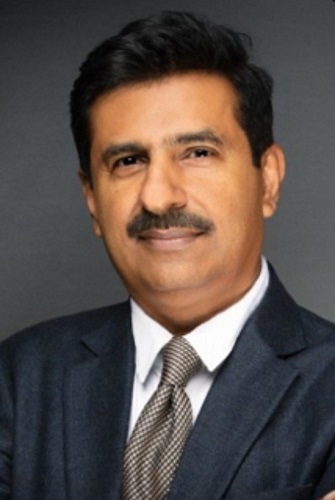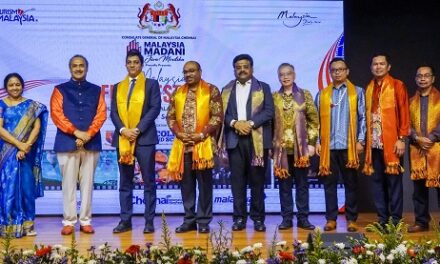The Union Budget presented by Finance Minister Nirmala Sitharaman on July 23, is particularly significant for Indias aviation sector because of its sharp focus on the generation of employment opportunities, investment in the maintenance, repair and overhaul (MRO) segment, along with infrastructure development. In order to promote domestic aviation, boat and ship MRO, the finance minister also said in her Budget speech, “I propose to extend the period for export of goods imported for repairs from six months to one year. In the same vein, I propose to extend the time limit for re-import of goods for repairs under warranty from three to five years.”
Jaideep Mirchandani, Group Chairman Sky One
Aviation experts believe this step can prove to be instrumental in turning India into an important MRO hub. “The decision to incentivise MRO activities for aviation will help boost the sector within the country, which currently depends heavily on services outside of India. Gradually, this decision can help attract more foreign aviation players for repairs in India. Moreover, the uniform tax of 5 per cent in integrated goods and services tax (IGST) rate announced earlier on all aircraft and aircraft engine parts will also significantly benefit the MRO business,” says Jaideep Mirchandani, the group chairman of aviation major Sky One.
Earlier this year the Government announced the implementation of a 5 per cent IGST rate on all aircraft and aircraft engine parts from July 15 onwards. Before that, the IGST rates on all aircraft and engine parts were in the range of 5 per cent to 28 per cent.
Meanwhile, the budgetary allocation for the Civil Aviation Ministry, though reduced from the previous year, is Rs 2,357 crore for 2024-25, with the Regional Connectivity Scheme (RCS) receiving Rs 502 crore for the same period.
According to Mr Mirchandani, the focus on the RCS will help improve air connectivity and infrastructure development, particularly in Tier-2 and Tier-3 cities. “The budget allocation is an important and promising step towards job creation for the youth, infrastructure development and the creation of a skilled workforce. The government’s commitment to maintaining robust fiscal support for infrastructure over the next five years, with a capital expenditure allocation of Rs 11.11 lakh crore at 3.4 per cent of GDP, highlights its dedication to fostering sustainable economic growth and enhancing our nations foundational assets,” he says.
This substantial investment is poised to drive growth and innovation in India’s aviation sector, he concludes.












